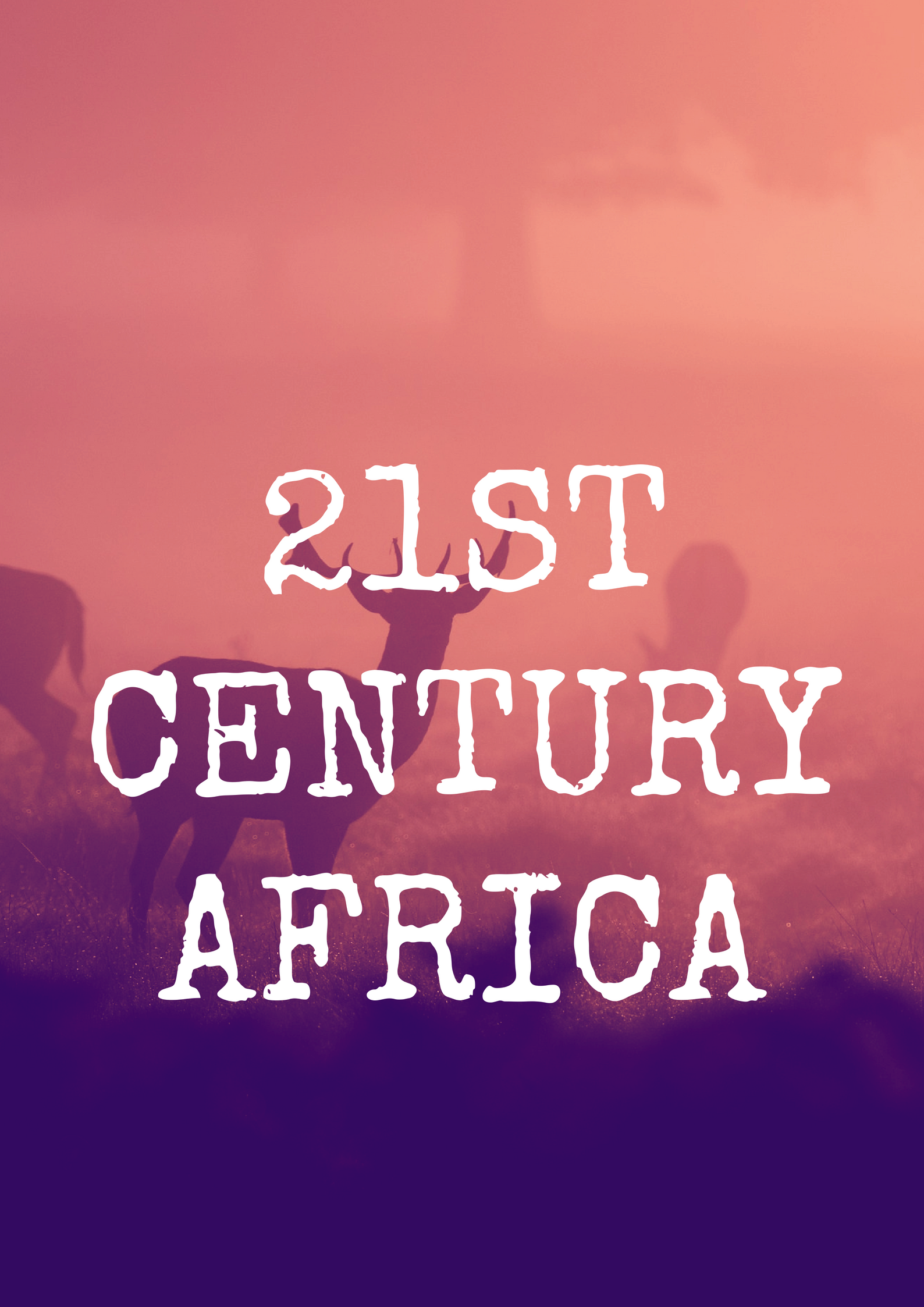THE TWENTY FIRST CENTURY AFRICA
*Note: the post is in British English i.e. colonised not colonized.
It is very true that most the world still perceives Africa to be backward and barbaric. It is often associated with dictatorship, never ending wars causing a global migration crisis and being naughtorious for deadly diseases. That is what you hear all the time; we have CNN too.
Today I am going to teach you about the not so obvious, aka, inside info about being African in the 21st century shining a light on the effects of globalisation and colonialism on today’s African behaviour. Since I am from a country called Botswana, you will see most examples leaning in the southern part of this wonder of a continent.
Weddings
I know right? Not what you expected o hear. Well, the traditional African wedding in a lot of the African regions comprised of bride price and a celebratory ceremony. Well, not anymore. In the southern part of Africa, most people have two traditional weddings, an African Wedding and a White Wedding. Apart from the influence of colonialism, I believe that this has been greatly fuelled by the 21st century media including social platforms. Today the average African bride generally insists on two weddings minimum.
Architecture
Despite being called out for always being last, landmarks like the Great Pyramids of Giza imply that we had been thinking of skyscrapers for a while. The traditional African architecture was mostly dependent on the location due to the various climate regions found in Africa. In Botswana, in the northern part of the country where you find one of the seven wonders; the Okavango Delta, most people built their homes with reeds. Going down South, people preferred building with sand and animal dung. In the 21st century, there is a terrible scarcity of land in which the African native population finds themselves at a disadvantage.
In South Africa, most farms are owned by ‘boers’ as they are commonly addressed who had colonised S. This can go as far as 200hectares of land to a single individual. Now anyone can testify that should the opportunity and resources arise to own that much land, they would jump on it. This has now forced the African natives to opt for building apartments or flats as we commonly known on this part of the world. To make it clear, Native Africans are opting to build vertically and land is mostly owned by non-natives as well as bought by influential investors.
The Second Scramble for Africa
Only the average folk believe that this is a nightmare. Think about it; Africa has almost every mineral under the son. Initially, a lot of the African countries were colonised by the ‘west’. It now seems that Asia has the biggest interest in this supposed wasteland. The weakness that Africa has is that there has been very little industrialisation that has taken place over the centuries, but maybe that’s her strength. Slowly but surely, more Asian investors are seeing it fit to pour their money in factories as well as the education system in a lot of the African countries. I personally predict that Asia will have a first movers’ advantage in the next few decades.
This is how it is to be African in the twenty first century. Stay tuned.
If you want to keep up with these posts, please follow me @africanwoman-bw